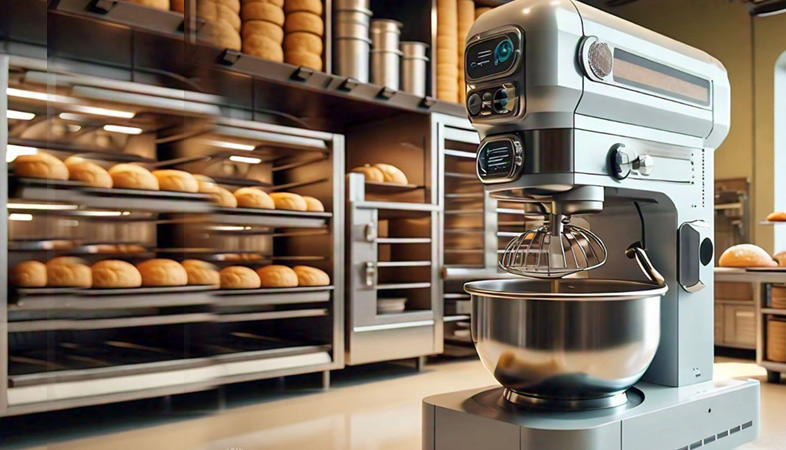Quick Service: Speeding Up Check-In and Check-Out Without Sacrificing Quality
Frequent guests can be offered expedited services based on their loyalty status.
In the fast-paced world of hospitality, efficiency is
paramount. Guests today expect swift check-in and check-out experiences that
allow them to seamlessly transition into and out of their accommodations.
However, the challenge lies in ensuring that this speed does not come at the
cost of service quality. To achieve a perfect balance, hotels are increasingly
adopting innovative strategies and technologies that streamline operations
while maintaining a personal touch.
One of the most effective ways to enhance the check-in process is through the implementation of digital solutions. Mobile check-in apps are becoming a popular choice for many hotels, allowing guests to check in before they even arrive. With just a few taps on their smartphones, guests can bypass long lines at the front desk, receive their room keys digitally, and head straight to their accommodations. This not only reduces wait times but also creates a sense of autonomy and convenience for the guests.
Moreover, hotels are investing in self-service kiosks that facilitate a quicker check-in and check-out experience. These kiosks enable guests to complete their transactions without the need for staff assistance. Such technology caters to tech-savvy travelers who prefer managing their stays independently, while also freeing up staff to attend to guests who may need more personalized assistance.
In addition to technological advancements, training staff to handle high-pressure situations efficiently is crucial. A well-trained team can significantly reduce check-in and check-out times without compromising on service quality. Staff should be equipped with the knowledge to swiftly address common inquiries and issues that may arise during these processes. Training programs that focus on enhancing communication skills and time management can empower employees to provide quick and effective service, ensuring that guests feel valued and attended to.
Another effective strategy involves optimizing the layout of the front desk area. By strategically placing signage, brochures, and informational materials, hotels can guide guests through the check-in process with ease. Clear instructions reduce confusion, enabling guests to complete their transactions quickly. Additionally, a welcoming environment with comfortable seating can create a positive atmosphere for those waiting for assistance.
Personalization remains a key aspect of guest experience, even during fast-paced check-in and check-out processes. Collecting guest preferences and using that information to tailor their experiences can make a significant difference. For instance, if a guest has a preference for a specific room type or amenity, having that information readily available can expedite the process and enhance satisfaction. When guests feel recognized and valued, even brief interactions become meaningful.
Integrating loyalty programs into the check-in and check-out process can also streamline operations. Frequent guests can be offered expedited services based on their loyalty status. This not only incentivizes repeat business but also allows hotels to focus on providing exceptional experiences to their most loyal customers.
As hotels strive to provide quick service, it is essential to gather feedback regularly. Encouraging guests to share their experiences through surveys or informal conversations can offer valuable insights into the effectiveness of current processes. By understanding areas for improvement, hotels can continually refine their strategies to ensure that guests enjoy a seamless experience.
Speeding up check-in and check-out without sacrificing quality is an attainable goal for hotels that embrace technology, invest in staff training, and prioritize personalization. As the hospitality industry evolves, finding innovative ways to streamline operations while enhancing guest satisfaction will remain vital. By adopting a holistic approach that combines efficiency with a personal touch, hotels can create memorable experiences that keep guests coming back for more. With these strategies in place, quick service can become a hallmark of hospitality, elevating the overall guest experience and setting establishments apart in a competitive market.
.png)





























